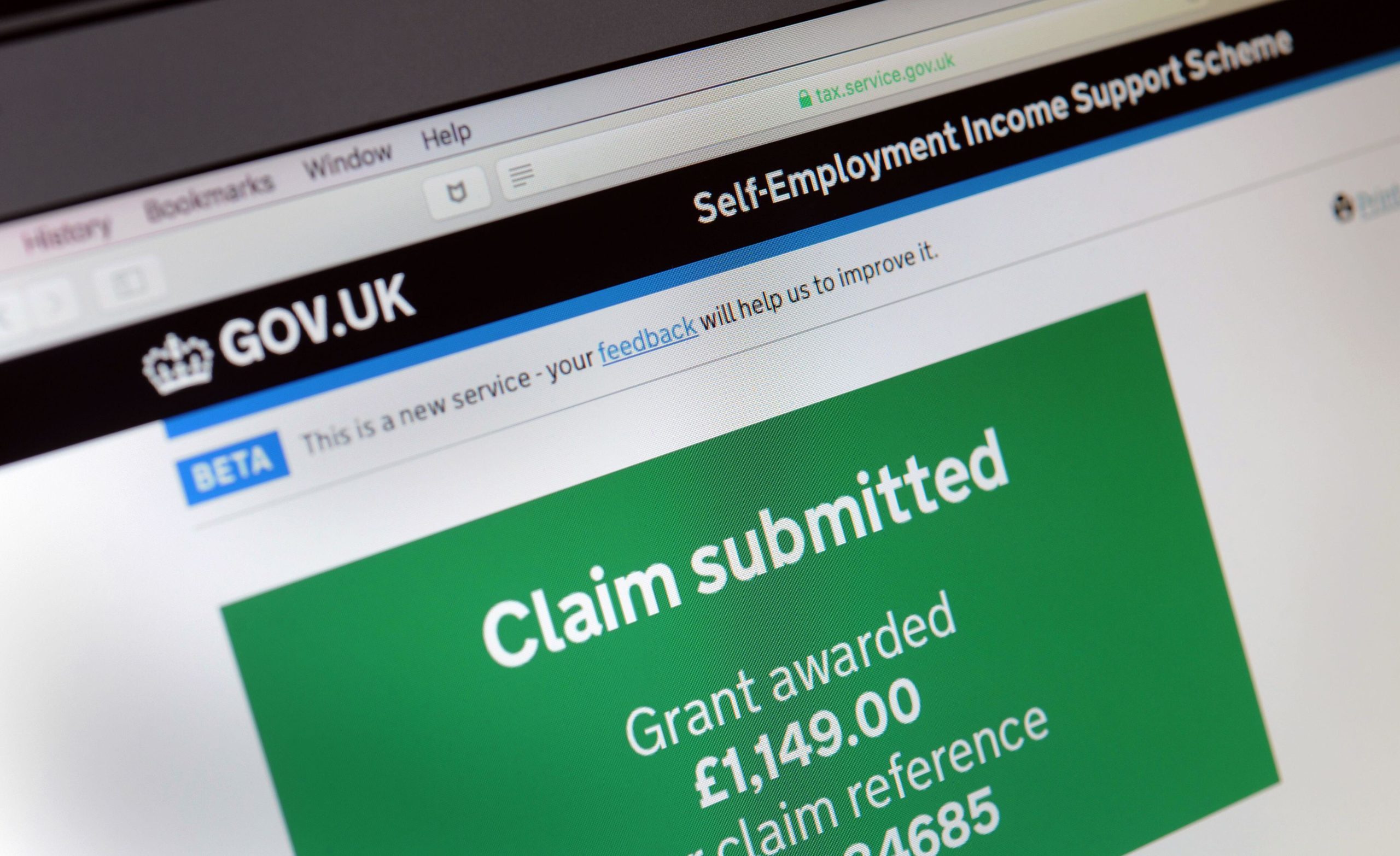If you’re looking for a new business location, it’s important to know how to negotiate a commercial lease. If you get it wrong it can mean agreeing to unfavourable lease terms which can have implications for your business for a number of years. Your lease will be one of your biggest outgoings, so you need to ensure the terms are acceptable for the duration.
Factors Involved in Negotiating a Commercial Lease
Negotiating a commercial lease is an art, which is why many landlords work with commercial estate agents to get the best terms. Below we’ll share a few of the factors involved in the negotiation of a commercial lease. Rent, while a major consideration, is just one factor you need to take into account.
Ideal Deal & Worst Deal
You need to do your research before the negotiation to determine your “ideal deal” and the “worst deal” you would be willing to accept, i.e. your fallback position. There’s no guarantee that you’ll get your ideal deal so it’s vital to know what terms you will and won’t accept before you sign on the dotted line. Otherwise you can end up miserably locked into unfavourable terms for a long length of time.
Rent-free Periods & Break Clauses
Often rent-free periods are agreed in commercial leases to encourage tenants to lease brand new premises or an office in a business park. A rent free period is always a good term to try and negotiate as it means less outgoings for the tenant, and the landlord avoids paying business rates themselves. Rent free periods can be anywhere from 3 to 12 months.
Negotiating a break clause is another factor to consider, as this allows you to break your lease before the end date. If your business is a new venture or you’re uncertain of market conditions, then having a break clause is advisable. For example, you may agree to commit to a five year lease on a shop with a break clause that can be triggered after two years. Often break clauses work both ways, with landlords also able to break the lease. If you want a tenant-only break clause the landlord will probably ensure there are strict requirements in place that enable you to break the lease.
One solution is to agree on a lease renewal on the provision for a rent review after 5 years, at which time your situation may be clearer. This gives the landlord and the tenant some certainty going forward that the lease will continue but not lock either into an unrealistic rent.
Repairs & alterations
Always check your obligations around repairs and alterations carefully and be wary of the words “to put and keep”. This means for the duration of the lease you have to put the property into a good condition and keep it this way. While keeping a property in a good condition is a common expectation, it should be your landlord’s job to lease it out in a good condition, not yours to put it into one.
What happens after the lease ends?
Leases that fall within the Landlord and Tenant Act 1954 allow you to automatically apply for a new lease, unless the landlord objects on certain specified grounds. However, many landlords will try to exclude sections 24-28 of the Landlord and Tenant Act 1954 “Contracted Out Leases”, so you have no automatic right to apply for a new lease. It pays to know your rights before you agree to a lease which doesn’t have this section.
As you can see when you negotiate a commercial property lease, it can be complex and difficult. We highly recommend that you seek the advice of a commercial property agent with experience in negotiating commercial leases. Our commercial property team are well-respected experts in this area and will be happy to answer any queries you may have. Give us a call on 020 8800 4321.
Sign-up to our monthly newsletter to keep up to date with the property market and the latest news.
We respect your email privacy and you can unsubscribe anytime.




